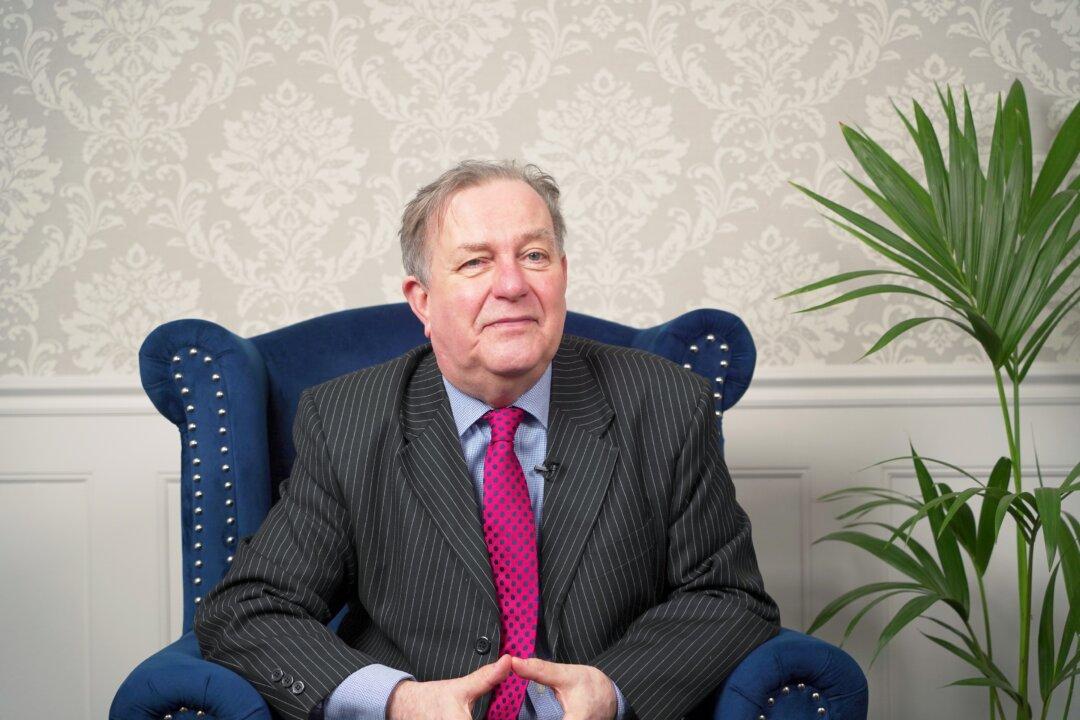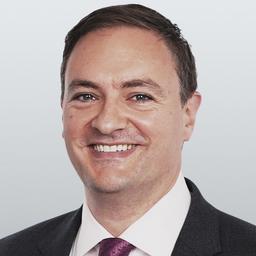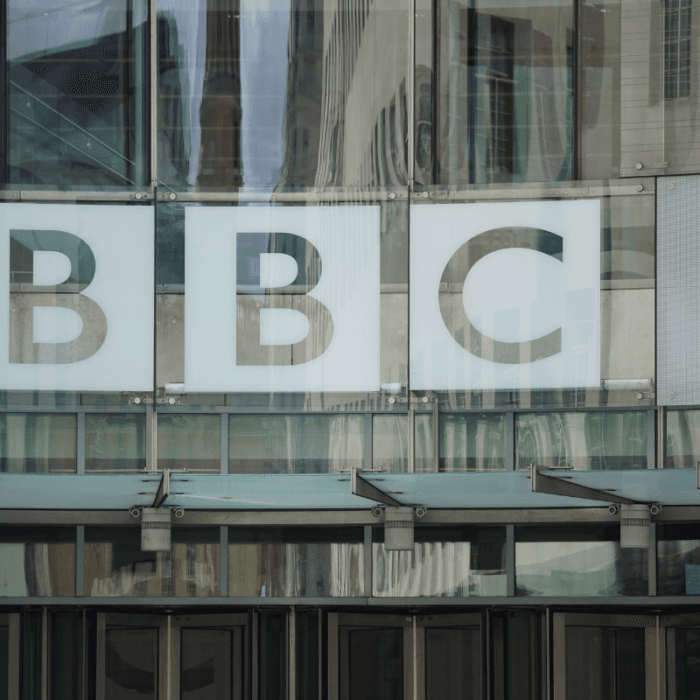“I’m not sure the BBC can be saved,” said former BBC journalist David Keighley, who started a bias-monitoring organisation in 1999.
Speaking to NTD’s “British Thought Leaders” programme, Mr. Keighley, principal at News-watch, argued the public broadcaster suffers from confirmation bias and ossified ways of doing things.
He also said BBC Verify is “truly sinister” because it’s shutting down freedom of expression in the name of tackling disinformation.
Mr. Keighley said his news-monitoring operation was set up in 1999 because of concerns over news coverage on EU affairs, and they were “astonished just how little coverage there was” on the Euro-sceptic side of the election.
According to Mr. Keighley, one of the problems the BBC has is only looking through the lens of the main political parties in its political coverage.
On the other hand, “they tend to think that those who don’t follow ‘establishment views’ are beyond the pale,” he said.
“And under their definition of due impartiality, which means they decide how much coverage they’re going to give to differing opinions, the media establishment in the UK, which the BBC is one of ... the most important components, it’s locked into its own confirmation bias of what the world is,” he added.
Commenting on the BBC Verify, a 60-strong team of journalists tasked with “fact-checking, verifying video, countering disinformation, analysing data,” and “explaining complex stories in the pursuit of truth,” Mr. Keighley said, “The immediate question is: ‘Who is the arbiter here?’”
Taking coverage on climate change as an example, Mr. Keighley said the BBC is “firmly in the climate alarmist” camp, yet they’ve “got this box that says ‘we know what’s going on in that domain.’
“So what verifying is doing is doubling down on this,” he says, labelling the unit’s Marianna Spring the “witchfinder-general.”
“She’s decided that certain people are conspiracy theorists, and they need to be called out. And she’s chosen a newspaper called The Light, which is a broad sweep of opinions, some of which does have some strange, strange ideas in there. But that’s what the debate is about, and what freedom of expression is about,” he said.
“What the BBC is doing, is trying to do, under this name of disinformation and Verify, is just closed down freedom of expression, and that is truly sinister.”
Mr. Keighley believes much of the problem can be solved with a “genuinely independent” complaints system because the BBC is effectively marking its homework under the existing one.
Under the current system, the BBC is dealing with complaints against itself, and those who are unsatisfied can escalate it to the regulator Ofcom.
However, Mr. Keighley said the system is too difficult because audiences needs lots of time and are “up against some of the top editorial brains” who pick holes in how the complaints are framed.
He also said many people who work for Ofcom have also “spent a significant time of their career at the BBC,” and tend to have the “same perspective” as the BBC itself.
“I really firmly believe, and the whole ethos of News-watch is that if you had a genuinely independent system of complaints, the sort of bias that has developed would be very quickly routed out, because it would take into account much more much, much bigger spectrum of opinion,” he said.
Mr. Keighley also said he’s “not sure the BBC can be saved” partly because of the changing media landscape.
“I think the things would change if there was a more commercial imperative in there,” he said, adding that the BBC “doesn’t innovate enough.”
“I’m not suggesting you just throw the cards up in the air. But what the BBC has resisted is opportunities to make programming more flexible, more in touch with audiences, because it’s got that momentum going that says, this is how we do things,” Mr. Keighley said.
However, he also noted that he’s not saying it’s unnecessary to have some public broadcasting fund to maintain programs that tend not to be commercially successful.







